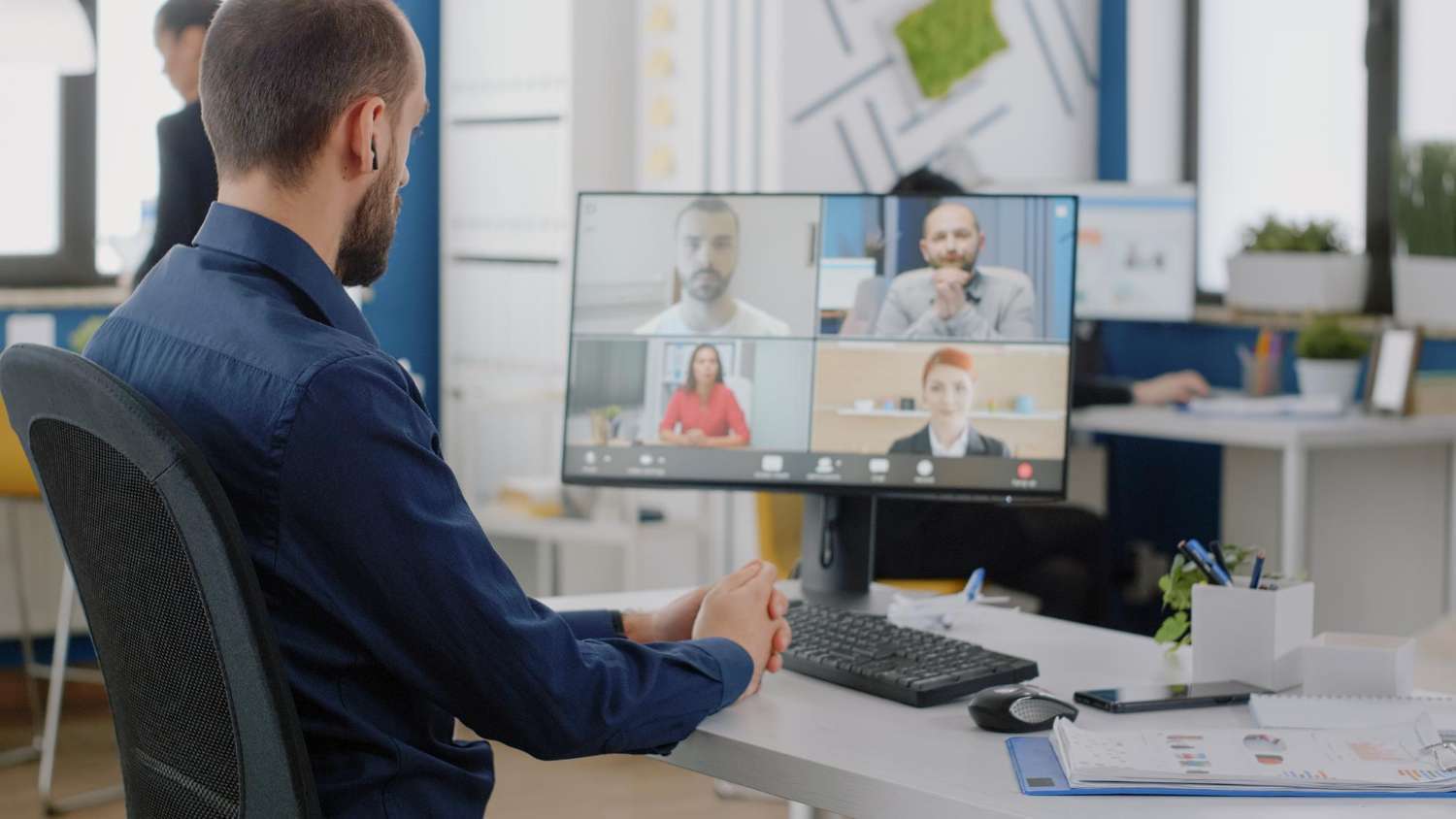When it comes to improving remote team productivity in a startup environment, accountability plays a pivotal role. Despite the growing shift towards remote work, many organizations are left grappling with how to measure performance and ensure tasks are completed efficiently.
Enhancing team accountability and productivity needn’t be a daunting task. Let’s dive in!
Creating an Accountability Framework for Remote Teams
In a remote setup, the typical office supervision is absent, and employees can often feel isolated. Establishing a reliable structure for accountability can help maintain high standards of performance and keep the team united and motivated.
A robust accountability framework should be transparent, fair, and flexible, accommodating the unique challenges that come with remote work. Without clear expectations and guidelines, remote workers can experience uncertainty and decreased motivation. When setting up an accountability structure, it’s essential to lay out clear roles, objectives, and key performance indicators.
Constant communication, regular check-ins, and performance reviews are integral components of this structure.
Key Points
- An effective framework for accountability ensures clear expectations, timelines, and communication channels for the remote team.
- Remote workers ought to have a clear understanding of their roles, responsibilities, and performance metrics.
- Consistent communication is fundamental to maintaining transparency and team cohesion.
“Accountability is the glue that ties commitment to the result.” – Bob Proctor, motivational speaker and author.
An effective and flexible accountability framework can help transform your remote work setup into a highly productive and engaged environment.
By setting clear expectations, providing regular feedback, and fostering consistent communication, you can ensure your team remains focused, accountable, and satisfied.
Tools that Enhance Remote Accountability and Productivity
Technology plays a significant role in fostering accountability in a remote work setup. For remote startups, the selection of the right tools can significantly impact the team’s productivity. This is where project management apps, virtual meeting software, and team collaboration tools can make a substantial difference.
Tool Suggestions:
- ClickUp: This all-in-one project management platform allows you to plan, collaborate, and organize all tasks and projects in one place.
- Coda: A tool that combines a word processor and a spreadsheet into one, allowing teams to manage their work in a single place.
- Toggl: A time-tracking app that provides insights into productivity, helping teams manage their time more effectively.
- Miro: An online collaborative whiteboard platform, perfect for brainstorming sessions with a dispersed team.
In conclusion, with the right tech stack, remote teams can enhance productivity and increase accountability in their work-from-home setup. Understanding your team’s needs and pain points can make choosing the right tool a breeze.
What is accountability in a remote work setup?
Accountability in a remote work setup refers to the responsibility taken by team members for their tasks and their contribution to the overall team’s success. It includes meeting deadlines, communicating effectively, and staying committed to the team’s goals.
How can we measure remote work productivity?
Remote work productivity can be measured by setting clear, tangible key performance indicators (KPIs). Some of them include completed tasks, adherence to deadlines, and the quality of the work. Moreover, regular check-ins and reviews help gauge the performance and productivity levels of each team member.
How can managers ensure accountability in a remote team?
Managers can ensure accountability by being clear about expectations, setting objectives, and providing regular feedback. Additionally, leveraging project management tools can help keep track of everyone’s work and facilitate better collaboration among team members.
Can technology increase accountability in remote work?
Absolutely! Technology can significantly enhance accountability in remote work, with tools for task management, communication, time tracking, and project collaboration playing a vital role.
Optimizing Accountability: A Case Study
One company that effectively manages team accountability in a remote setting is Doist, the firm behind Todoist and Twist. With a team distributed across multiple time zones, Doist was faced with the challenge of maintaining productivity and accountability among its employees.
In solving this, they’ve embraced autonomous goal-setting, believing in the power of setting team and personal goals that align with the company’s overall vision. Additionally, they implement peer reviews where they evaluate coworkers’ performance, creating a cooperative environment that duly recognizes and rewards hard work.
Their strategy also involves maintaining transparency in communication, never avoiding difficult conversations, and always being open to providing and receiving feedback. Through these measures, Doist serves as an excellent example of optimizing productivity and accountability in a remote team.
- Burnout in Remote Teams: How It’s Draining Your Profits - January 27, 2025
- Signs You’re Understaffed - January 20, 2025
- The Cost of Silence: Communicating Negative Feedback - January 13, 2025
